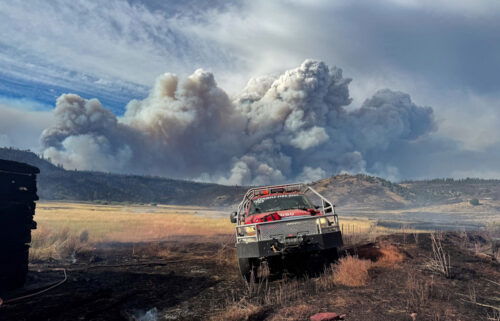ODFW reopens Oregon streams to afternoon fishing

Oregon fishery managers announced Monday that the afternoon fishing ban in place on most rivers and streams in the state will be lifted, beginning Tuesday.
Managers also re-opened the lower Willamette River below the Willamette Falls and the Clackamas River downstream of the I-205 Bridge to fishing for trout, salmon, steelhead and sturgeon.
With the lifting of the ban, fishing hours for trout, salmon, steelhead and sturgeon on streams open to fishing will return to one hour before sunrise to one hour after sunset.
According to Mike Gauvin, ODFW recreational fisheries manager, the ban is being lifted after a return to more seasonal weather patterns, with stream temperatures moderating to those more typical of a dry year.
“Our biologists in the field are reporting that water temperatures in most places are back to within the seasonal averages for this time of year,” Gauvin said. That, and a 30-day weather forecast for more moderate seasonal temperatures, prompted managers to lift the ban.
The ban on trout, salmon, steelhead and sturgeon fishing in streams after 2 p.m. was put in place on July 18 in response to an unprecedented combination of unseasonably high air and water temperatures and low stream flows. The goal was to help protect native fish by reducing angling stress during the hottest part of the day.
Although water temperatures have improved since July, water levels remain very low in many areas, Gauvin said.
“Anglers should continue to exercise good stewardship and take precautions when catching and handling fish,” he added. These precautions include:
Fish early in the day when water temperatures are cooler.
Check water temperatures frequently and stop fishing when they exceed 70 degrees.
Use barbless hooks so you can release fish quickly. Use appropriate gear to land fish quickly.
Keep the fish in the water while you unhook it, and cradle the fish upright until it revives enough to swim away.
Use your judgement. If conditions seem especially severe (low, hot water) stop fishing, or move to another location where waters may be cooler.
In the meantime, Gauvin said the agency will continue to monitor fisheries and, if necessary, take additional actions to try to protect fish.
Anglers should continue to check the regulation update pages on the ODFW web site before fishing for any temporary emergency regulations that have been put in place.



